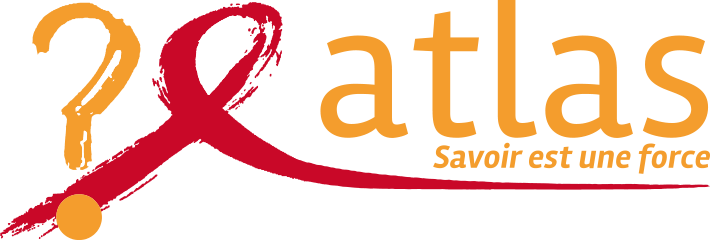From 10 to 13 February, all the partners of the ATLAS Project met in Abidjan, Côte d’Ivoire, for the second consortium meeting. While the first meeting, held in July 2019 in Saly, Senegal, clarified the standards, procedures and implementation methodologies, this second edition was an opportunity to make an initial assessment of the progress made as the distribution of HIV self-test kits has begun in the three countries where the project is being implemented, Côte d’Ivoire, Mali and Senegal.
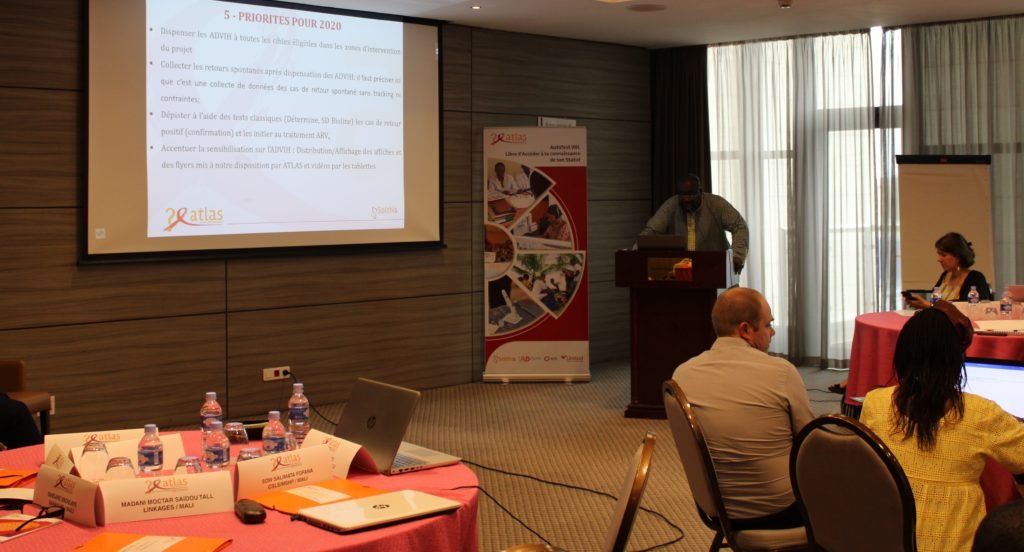
Institutional, implementation and research partners were all gathered to present the progress of their work, their good practices, the difficulties encountered and to reflect on the challenges ahead, particularly in terms of transition and dissemination.
As recalled by Dr Blaise Kouamé, representing Professor Eboi Ehui, Director Coordinator of the National AIDS Control Programme in Côte d’Ivoire, “self-screening appears as an opportunity to reach targets that are difficult to reach with routine services. … We are aware that early diagnosis and treatment of HIV infection offers many benefits at both individual and population levels. This second consortium … provides a forum for discussion that will allow us to take stock of the project’s implementation in order to better guide strategies to achieve the objectives. “Objectives are on track, in that all partners have begun dispensing, and are showing increasing dispensing figures: by the end of December 2019, more than 26,000 kits had been dispensed, and all partners have demonstrated their confidence in achieving the objectives by the end of the project.
An important part of the consortium meeting was also devoted to research, the various components of which, coordinated by IRD, began in the second half of 2019, and the results of which will feed the operationality of the project. Finally, group work, around three key questions relating to monitoring of self-screening results, notification and delegation of tasks, was organized over half a day in order to reflect together on the main issues for the coming months.
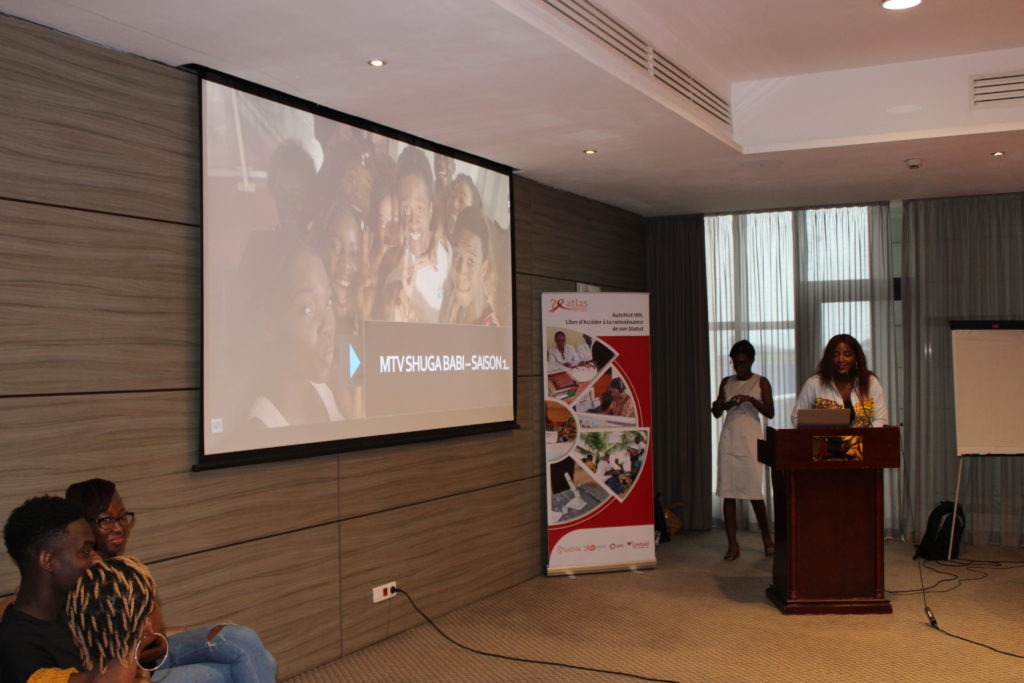
These meetings between partners remain crucial moments of sharing and exchange in the conduct of the ATLAS project, because its success depends on coordinated and concerted action by all the actors involved. This is a success that everyone hopes to achieve, since access to screening remains the gateway to the other stages of the fight against HIV, access to treatment and viral load control in particular. As emphasized by Dr Brigitte Quenum, UNAIDS Country Director in Côte d’Ivoire, represented by Dr Isabelle Kouamé, “HIV testing gives people the knowledge they need to choose the best treatment options and prevention methods. Knowledge is real power: the power to make the right choices to stay healthy, but also the power to lead a long and productive life. »
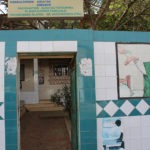
« Previous Post
The oasis “Las Palmas”
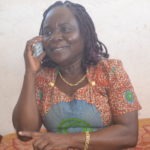
Next Post »
Fighting ignorance*
